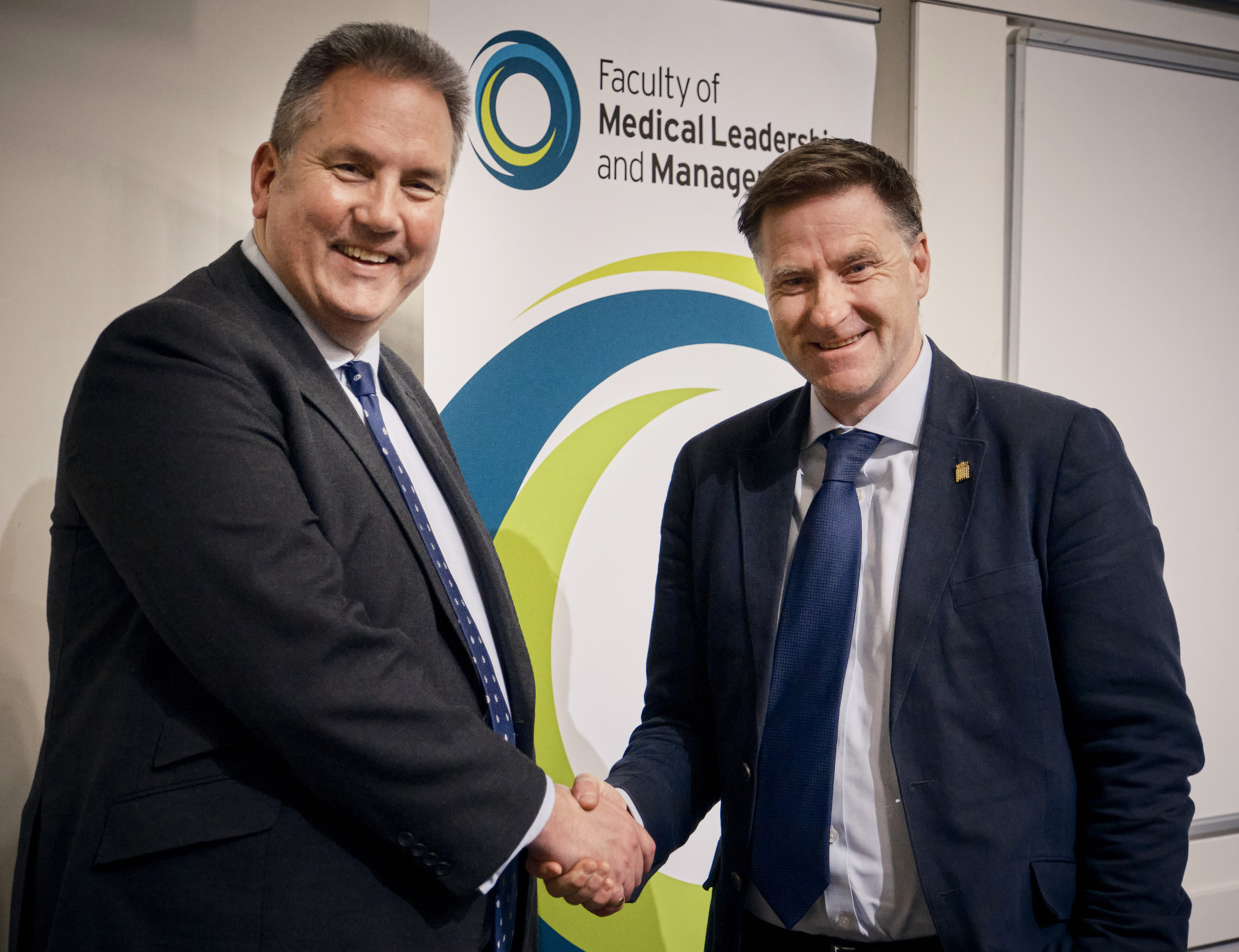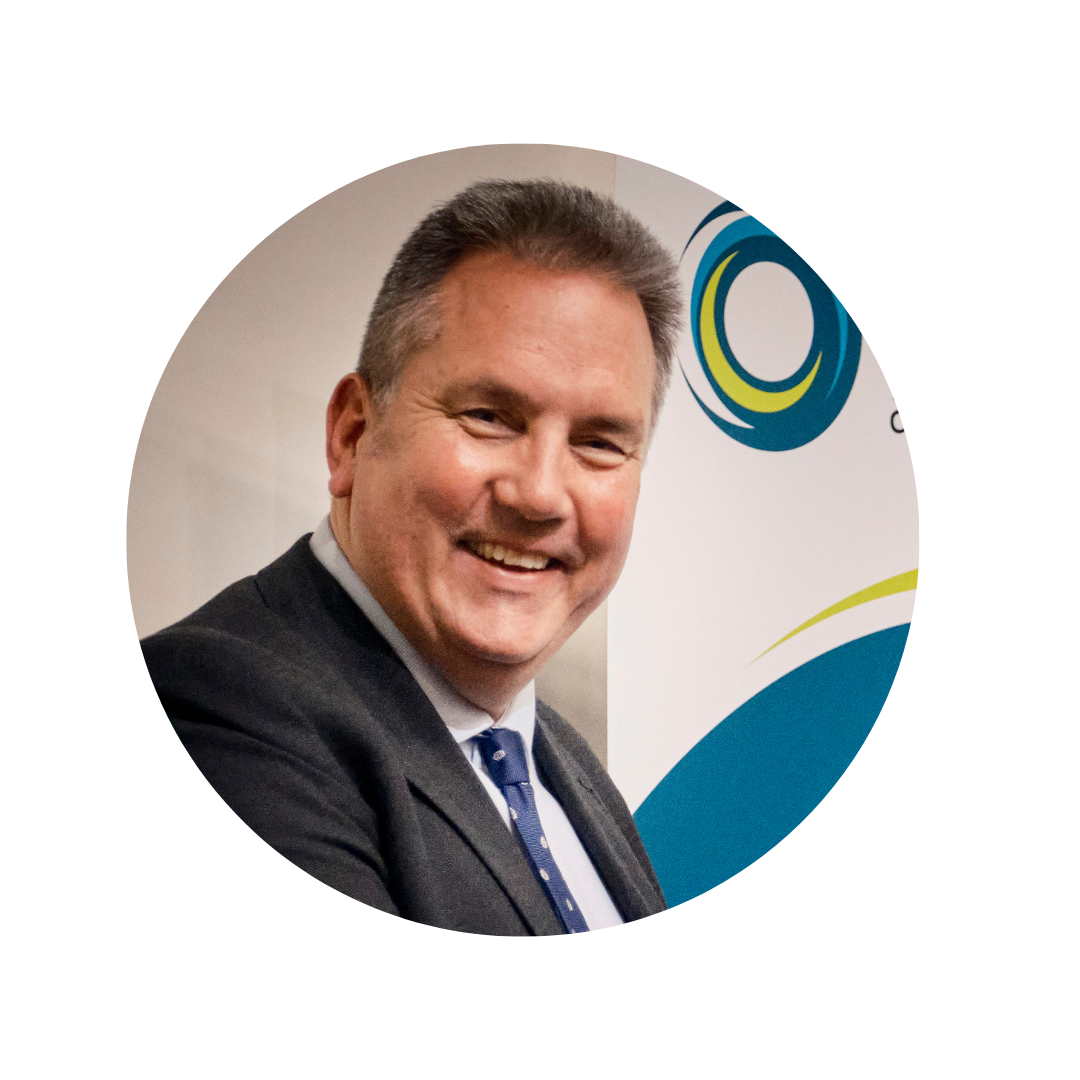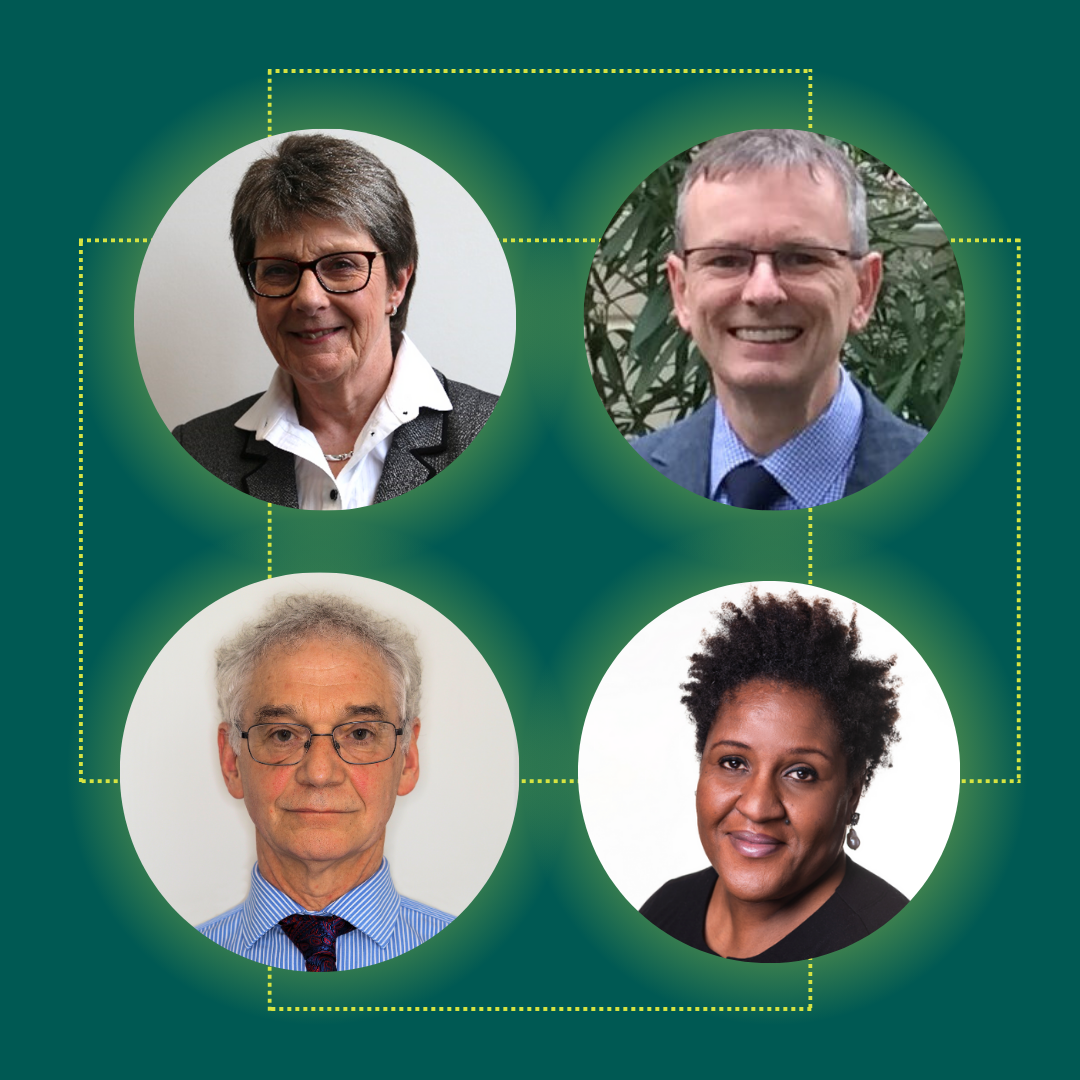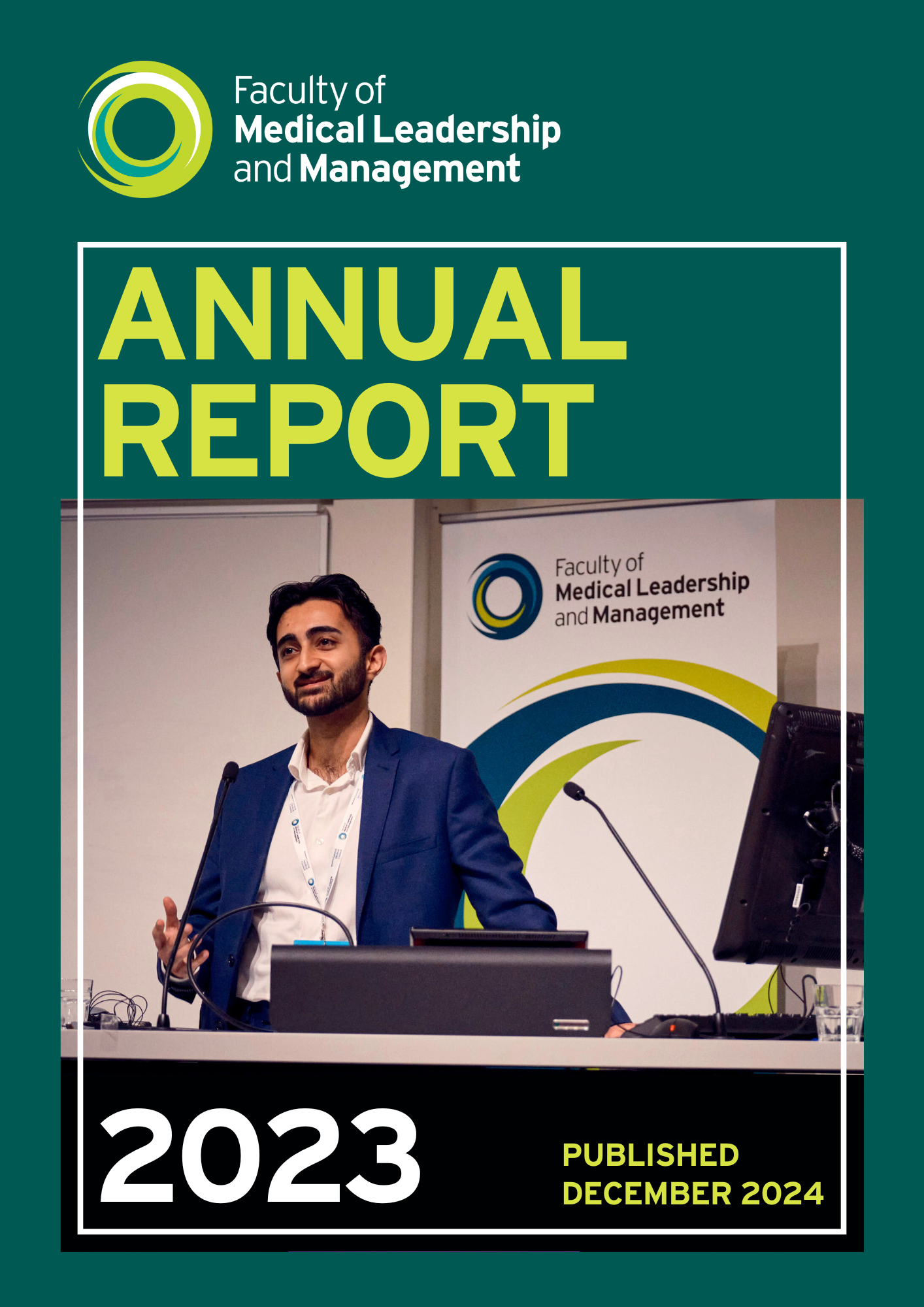
Reflections on the FMLM Conference 2024

There was a huge buzz about the University of Manchester, with much to see and do. Below is a brief round-up of an enthralling and energizing couple of days.
Day 1
We kicked off the conference with an introduction from Professor Rich Withnall, FMLM CEO, and Professor Graham Lord, Dean of the Faculty of Biology, Medicine and Health at the University of Manchester, who welcomed delegates and spoke about the pioneering history of Manchester’s involvement in the NHS and healthcare.
We were then straight into a lively panel discussion with Professor Sir Stephen Powis, Professor Dame Helen Stokes-Lampard and Professor Sir Simon Wessely, about whether more joined-up care really can improve physical and mental health services, aid prevention, deliver better outcomes and reduce health inequalities (hint: it can).
This was followed by an interesting plenary session exploring the same theme at a local level, in our host city of Manchester, giving other local ICB leaders much food for thought.
Delegates had the opportunity to participate in interactive workshops and breakout sessions throughout the day. The morning saw a focus on high-level ideas, including how primary care could get a better voice in the system, as well as the mildly controversial and narrative-challenging subject of why the NHS actually needs more managers and leaders.
In the afternoon, our sessions delved deeper into some more practical areas including how to enable improvement and innovation across systems, how to talk about tough things with lightness, and, importantly, how health leaders can respond to the threats posed by climate change.
A hard hitting mid-afternoon session from Professor Mark Britnell, Global Business School for Health at UCL, was a call to action on the global healthcare workforce crisis, that optimistically explored the opportunities and approaches that can be taken to address this critical issue.
Day one offered ample opportunities for networking and connecting with fellow delegates, speakers, and sponsors, and we rounded the day off with a drinks reception hosted by our Chair, Professor Sir Mayur Lakhani CBE, exclusively for our members, as a way to unwind, relax and catch up with colleagues to reflect on the day, and to celebrate our newly awarded fellows.
Day 2
Early risers joined us across three diverse breakfast sessions that covered career sustainability, pension changes, and imposter syndrome, while poster competition entrants showcased their research findings to judges.
Congratulations again to the winners of our poster competition and our thanks to everyone who submitted one of the 80 fantastic posters on display. The overall winner was Alex Bunn, and the full list of category winners are:
- Leading innovation for higher quality care category
Alex Bunn, From home to hospital: the digital transformation of patient-centred care with point of care ultrasound - Leading together
Ruth Lithgow, Collaborative leadership in ambulatory heart failure management - Supporting diverse and inclusive leadership
Hannah Wilkin-Crowe, Inspiring the next women leaders in Intensive Care
Sara Memon and Amaan Sharih, Empowering Pakistani heritage in healthcare: the role of PAMSA in mentorship, diversity and inclusive education. - Healthcare leadership research
Alexander Royston, Using systems thinking to model the tension between service provision and training postgraduate Drs in an NHS trust - Leadership for sustainable healthcare
Stefania-Arriana Vararu, Transforming report recommendations through AI - Learning leadership
Ellen Williams, Improving awareness of wellbeing resources among core psychiatric trainees in the West Midlands Deanery
Our Chair, Professor Sir Mayur Lakhani CBE welcomed delegates and formally opened day two before handing over to panel host, Professor Rich Withnall, FMLM CEO, for a session on the importance of embedding leadership development early on in training, in an equitable way, for example co-creating with students on the undergraduate curricula to better develop the competence and confidence necessary to optimise future leadership of self, teams, organisations, and systems.
Moving on and up a career stage, our next session was an interactive one that examined the opportunities for trainees working clinically full-time, less than full-time, via secondment or during out-of-programme periods, and explored the importance of trainee leadership at team, organisational and system level, as well as how to access leadership development.
Delegates then had a choice of insightful and hands-on workshops looking at distributed decision-making, setting boundaries, using data to innovate and improve care, and how to lead health services towards sustainability and greater productivity.
After a well-earned lunch break, during which many delegates visited Speakers Corner to hear some of our poster competition entrants talk about their work, our workshops recommenced with panel leads sharing practical tips and case studies on coping when everything is a priority and career crafting. A lively discussion took place in our session on what it is to be a professional in healthcare today, and a powerful workshop celebrating women in leadership saw a candid conversation that explored social change and the experience of women in the workplace.
We were delighted to welcome Steve Brine MP, Chair of the Health and Social Care Select Committee, to deliver the keynote address. Steve reflected on the work of the Committee, recent inquiries and upcoming pieces of work including an inquiry on leadership, at which FMLM has been asked to give evidence. Steve told us:
“The work of FMLM is so important in raising the standard of patient care, by ensuring that we have the very best clinical leadership with appropriate skills. We follow your work closely on the committee”
“Its multidisciplinary nature is a real strength in supporting clinical leaders and non-medical managers. I am hugely supportive of developing FMLM into the College of Clinical Leadership and I’m keen to see that the approach in developing the College is one of collaboration not competition.”
Thank you
A conference is only ever as good as the people who attend, so we extend our sincere thanks to all speakers, moderators, sponsors, and delegates for their contributions to making the FMLM Conference 2024 a success. Recordings of the plenaries will be made available to delegates in the coming weeks.
We hope to see you all again in 2025.
The FMLM Team




